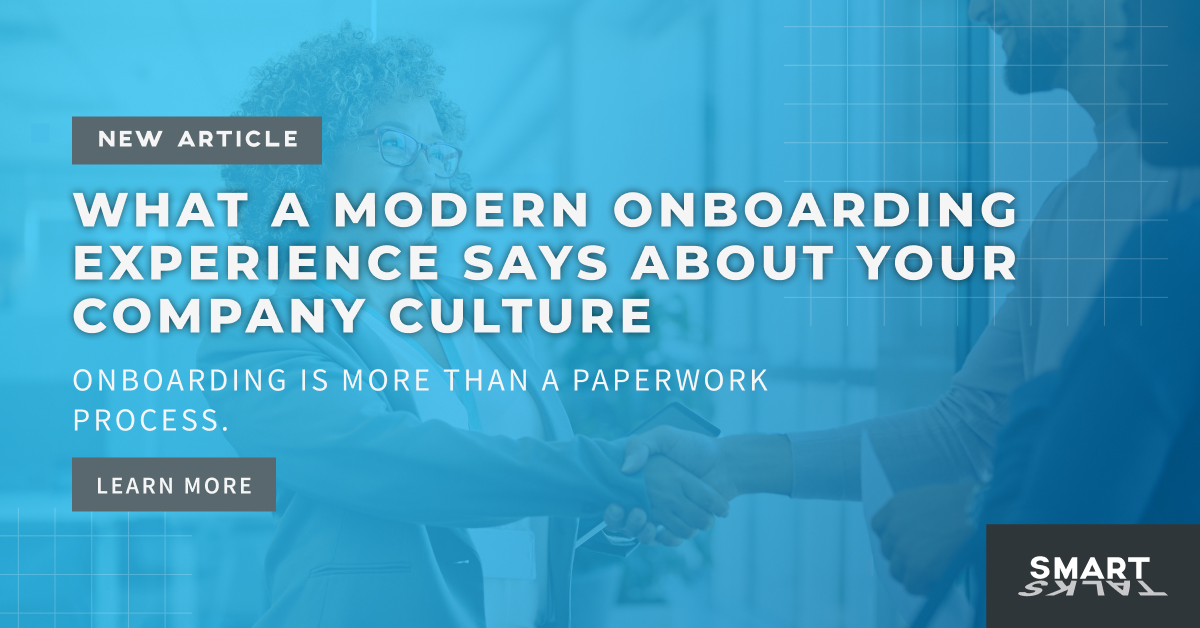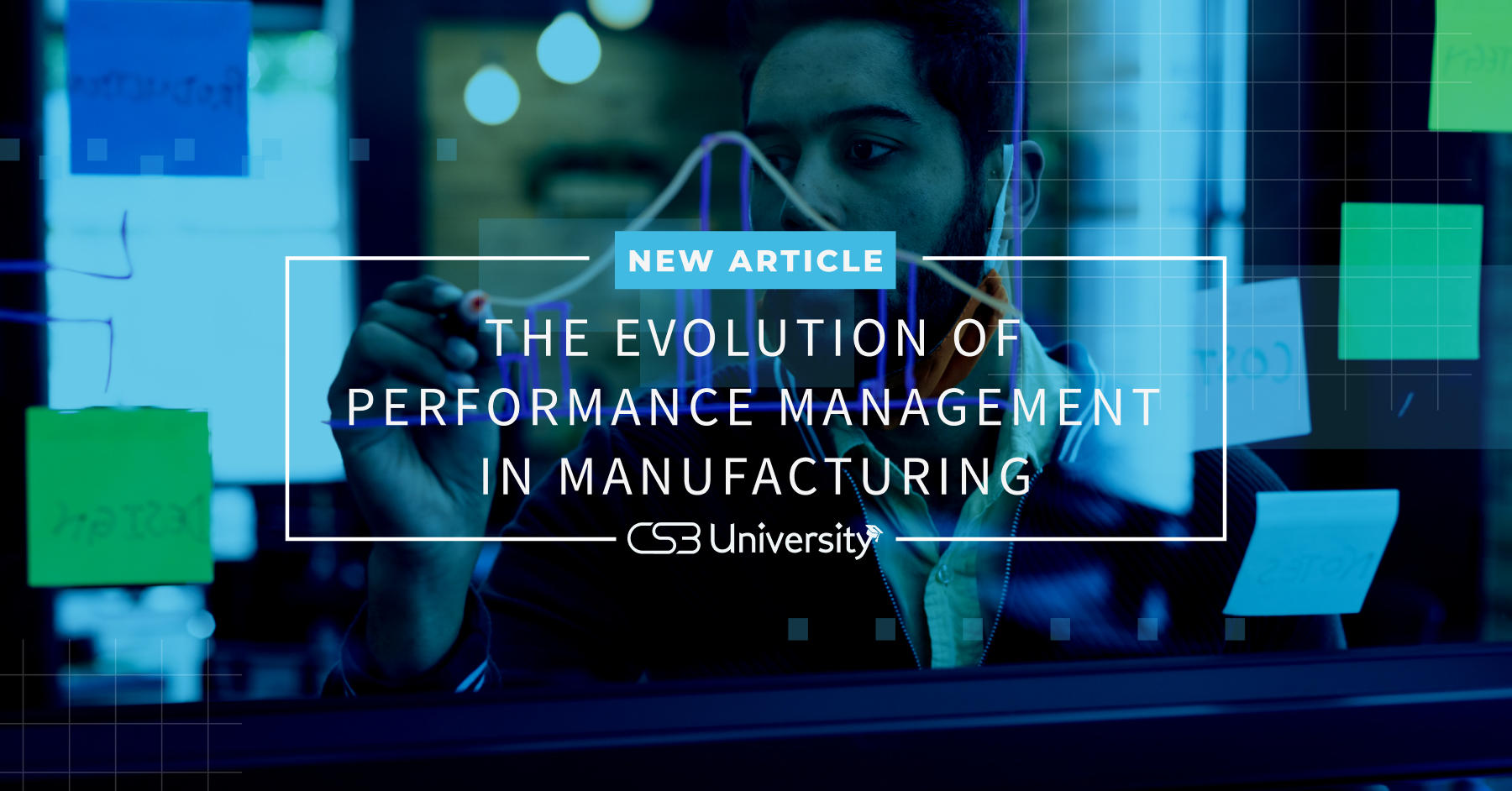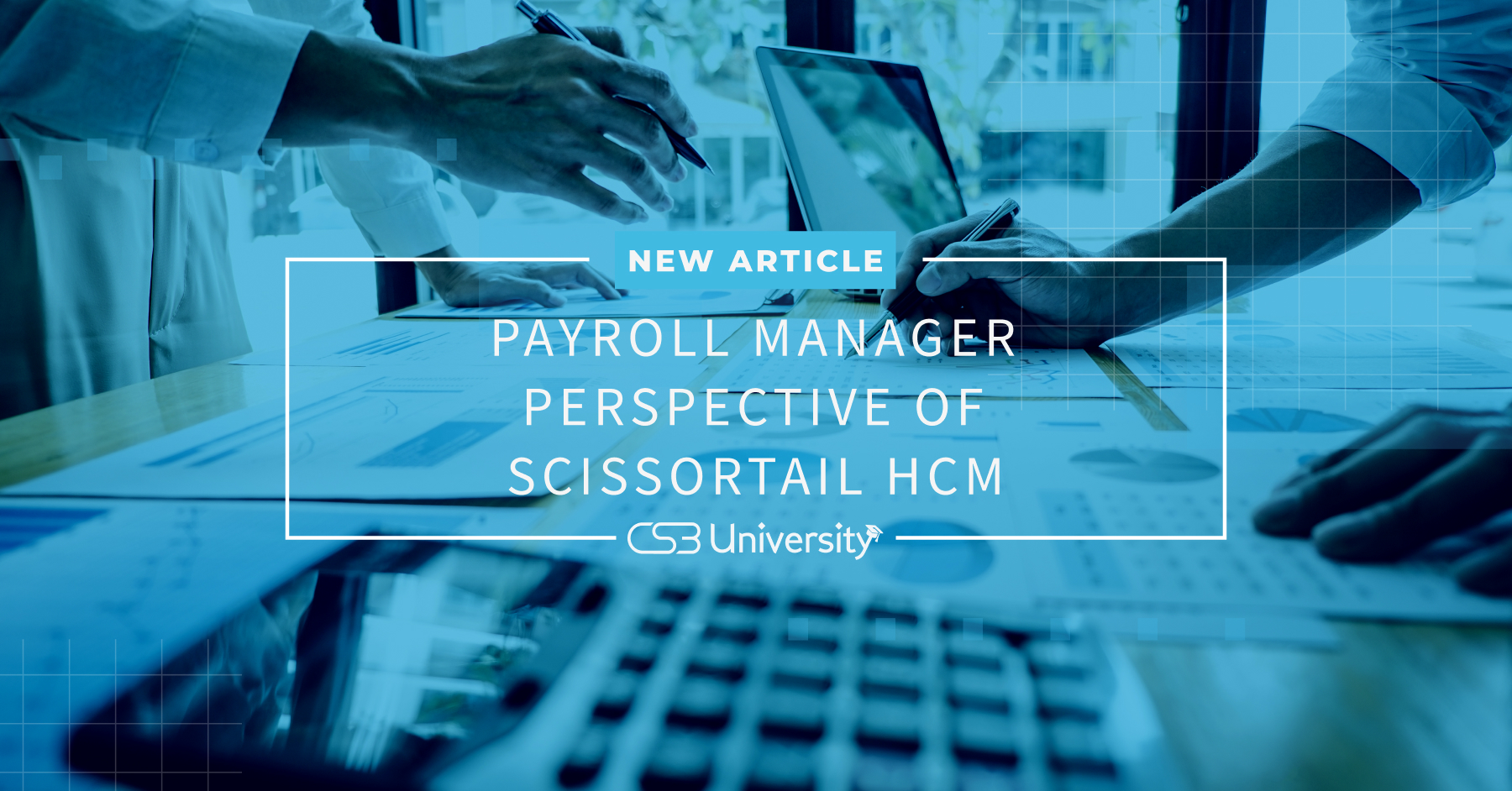Downloadable Resource
Blog
Webinar Recording
Success Story
Article
Technical Article
Video Insight
Trade Show
Webinar
Tutorial
Video Demo

Navigating Compliance in 2025: A Comprehensive Guide from SmartTalks
Join us on
August 13, 2025

Download Now
Staying ahead of compliance requirements is critical for businesses in 2025, particularly those managing human capital. The recent SmartTalks session delivers valuable insights that can help organizations avoid costly penalties and navigate complex regulatory landscapes.
Event Details
Price:
$
USD
Location:
Virtual
Address:
Essential Compliance Resources for 2025
The SmartTalks session emphasizes the importance of following key government websites to stay informed about changing regulations. These authoritative sources provide timely updates on legislation changes that affect your business:
- Internal Revenue Service (IRS) - For tax-related compliance updates
- Department of Homeland Security - For I-9 and immigration-related information
- Equal Employment Opportunity Commission (EEOC) - For workplace equality regulations
- Department of Labor - For federal and state-specific labor laws
For businesses operating across multiple states, monitoring state-specific regulations is particularly important, as compliance requirements can vary significantly.
Professional organizations also provide valuable resources that translate complex regulatory information into more digestible formats:
- Society of Human Resource Management (SHRM)
- National Human Resources Association
- Human Capital Institute
- Association for Talent Development
Demystifying Exempt vs. Non-Exempt Classifications
One of the most confusing areas of compliance involves properly classifying employees as exempt or non-exempt. The SmartTalks session clarifies this critical distinction:
Basic Distinction: Exempt employees receive salaries and are not entitled to overtime pay, while non-exempt employees earn hourly wages and qualify for overtime compensation.
The session outlines five exemption tests that help determine proper classification:
- Executive Test: Applies to those primarily managing the company or a department, directing the work of at least two full-time employees, with authority to hire and fire.
- Administrative Test: Covers employees performing office work related to management operations who exercise independent judgment on significant matters.
- Professional Test: For those performing work requiring advanced knowledge in fields of science or learning, typically acquired through specialized instruction.
- Outside Sales Test: Applies to employees regularly engaged in sales activities away from the company premises.
- Computer Test: Covers computer systems analysts, programmers, software engineers, and similar skilled workers in the computer field.
The session also highlights important salary thresholds: employees must earn at least $684 weekly ($35,568 annually) to qualify for exemption under these tests. Alternatively, those earning over $100,000 annually (with at least $684 as salary) who regularly meet criteria in one exemption test can also qualify.
Leveraging Technology for Compliance Management
The SmartTalks session demonstrates how human capital management systems like Scissor Tail can simplify compliance tracking and reporting:
- Base Compensation History Reports: Help identify missing classification information that could trigger audit concerns
- 401(k) Reports: Streamline the often challenging 401(k) audit process
- EEO-1 Reports: Simplify equal employment opportunity reporting requirements
- Workers' Claims Tracking: Secure, centralized management of sensitive claim information
These tools provide transparency and organization that prove invaluable during audits and regulatory reviews.
Navigating FMLA Requirements
The Family Medical Leave Act (FMLA) presents particular challenges for employers. The session clarifies key qualification criteria:
- Employees must have worked for the employer for at least 12 months
- They must have worked at least 1,250 hours over those 12 months
- They must work at a location where the company employs 50+ employees within 75 miles
The session highlights an important distinction: having 150 employees scattered nationwide doesn't automatically qualify anyone for FMLA. However, having 75 employees within a 75-mile radius would qualify all employees in that area.
The presentation demonstrates how leave management modules can streamline FMLA compliance by automating form generation, tracking deadlines, and maintaining proper documentation—eliminating guesswork and reducing compliance risks.
ACA Compliance Updates for 2025-2026
The Affordable Care Act (ACA) reporting requirements have undergone significant changes for the 2025 reporting period (due in 2026):
- Increased Penalties: Non-compliance penalties have increased to $340 per incorrect return statement, with potential escalation to $680 per return for repeated errors
- Affordability Threshold: The threshold for plans beginning in 2025 is 9.02%, an increase from the previous year's 8.39%
- Electronic Filing: All employers must now file electronically, regardless of size
Key reporting deadlines include:
- January 31, 2026: Deadline to distribute forms to employees
- March 31, 2026: Deadline for electronic filing
An important update: Forms can now be distributed electronically, and employers only need to provide physical copies upon request—potentially streamlining the distribution process.
Why This Matters: The Cost of Non-Compliance
The stakes for compliance errors have never been higher. With penalties for ACA reporting errors alone reaching $680 per return, organizations with multiple employees could face substantial financial consequences for mistakes. Beyond direct penalties, non-compliance can trigger time-consuming audits, damage to company reputation, and potential legal issues.
This SmartTalks session provides the strategic knowledge and practical tools needed to navigate the complex compliance landscape of 2025, helping organizations protect themselves while efficiently managing their human capital obligations.












